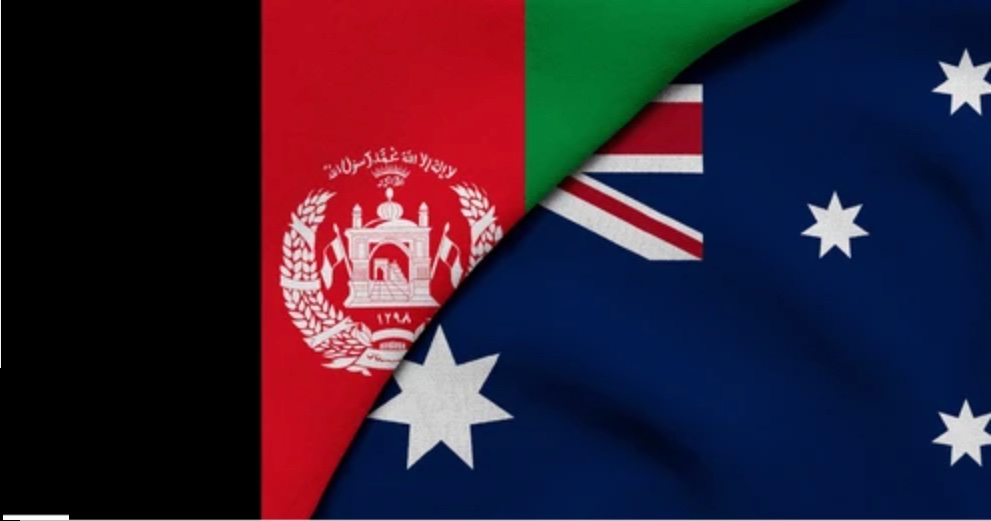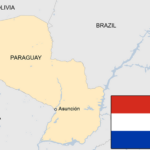Today, a dear friend, one of my colleagues from Kabul that I worked with in 2007, was re-united with her brother in Australia.
She fled Afghanistan to Australia with the daughters of her two brothers in 2021, as the Taliban retook the country, and she has worked all this time to get both of her brothers and her adult sister out. It has taken almost four years – which is actually a short time, compared to many others – to get this ONE brother out. Now, she’ll keep trying for her other brother (and his wife and son) and sister.
I have been trying to help all this time, mostly with explaining the forms and what is being asked for, drafting and proofreading the narratives asked for (it’s always her words – but I’m better than ChatGPT in drafting someone else’s story so all they have to do is edit), and explaining why this process takes so damn long.
What we’ve both learned in all this:
- It’s all but impossible to immigrate to another country if you are from a developing country, a “poor” country, unless you already have family legally in the country where you want to end up, family with permanent resident status.
- Don’t believe nor act on rumors. Always confirm any info about visa applications, refugee status, etc. with the web site of the country where the visa is being applied for, or a verified news source.
- Talk in-person, first hand, to people who have successfully immigrated to the country where your family member wants to immigrate. Don’t trust second hand, third hand, fourth hand info.
- Be as clear and as specific as possible in any forms or conversations with officials about the danger the specific applicant is experiencing in Afghanistan. No generalizations – talk about specific incidents, with dates and descriptions.
- Keep a file, ready to share as needed, of verified news articles about the situation in Afghanistan.
- Have your family that is in the country you want to immigrate to meet their parliamentary representative in that country. That elected official should know everything about your situation. Cultivate their sympathy.
- Have a plan, ready to share with any official who asks, about what the family member is going to do once they are in the country. What skills are they going to work on immediately? What kind of job are they going to look for immediately? Do they have a demonstrated commitment to getting a job quickly and not relying on the government for financial help indefinitely?
- Follow the rules and do not expect some magical, easy way to appear.
- Elections will affect the process, and rules and policies will change without warning.
- Be ready to retell your story, re-fill out paperwork, re-share information, over and over and over and over. Don’t get frustrated by staffing changes, by being told you have to start over with a different office or agent, etc.
- Don’t tell neighbors or others in Afghanistan this is happening, that this person is trying to immigrate. The safety risk is too great.
- Don’t give up until you are told, explicitly, in writing, that the application has been rejected.
- Be ready for this process to take years.
- Be prepared for anger from family members you have not yet been successful with to get them out, and from family members that are with you but aren’t involved in the process and don’t understand the process, who think you are showing favoritism to some family and not the rest.
I hope you find this hopeful and helpful. Do NOT write me for further advice – I’ve just given you all I have.













Leave a Reply